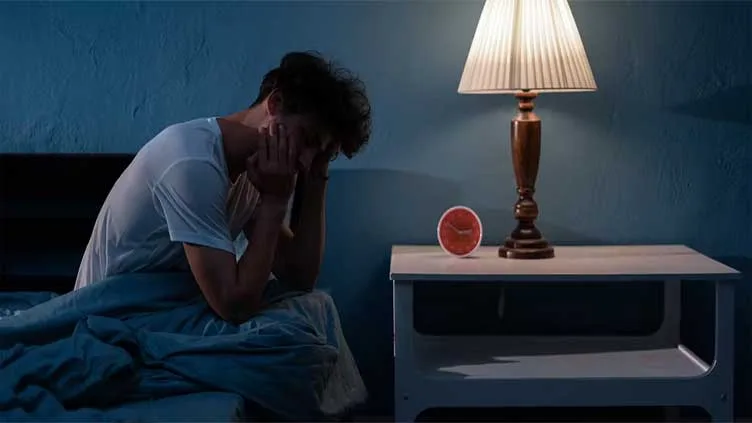Waking up in the middle of the night to pee can be annoying and disruptive to your sleep. But have you ever wondered how many times is normal? While occasional nighttime trips to the bathroom are common, frequent occurrences may signal an underlying issue. Let’s break down what’s typical and when you should consider consulting a doctor.
What’s Considered Normal?
For most healthy adults, it’s normal to wake up once during the night to urinate. This phenomenon, known as nocturia, becomes more common as we age. Factors like fluid intake, sleep patterns, and certain medical conditions can influence how often you need to go.
If you’re waking up more than twice a night on a regular basis, it may be worth investigating further, especially if it’s affecting your quality of sleep.
Common Causes of Nocturia
Several factors can lead to frequent nighttime urination, including:
1. Drinking Too Much Before Bed
Consuming large amounts of fluids, particularly caffeinated or alcoholic drinks, can increase urine production and lead to more trips to the bathroom.
2. Age-Related Changes
As you age, your body produces less of the hormone vasopressin, which helps concentrate urine. This means your bladder fills more frequently at night.
3. Medical Conditions
Certain health issues can cause nocturia, such as:
- Overactive Bladder (OAB): A condition where the bladder muscle contracts involuntarily.
- Urinary Tract Infections (UTIs): Can irritate the bladder and increase the urge to urinate.
- Diabetes: High blood sugar levels can increase urine production.
- Heart or Kidney Problems: Fluid retention during the day may shift at night, causing increased urination.
4. Medications
Some medications, like diuretics (used for high blood pressure), can increase nighttime urination.
When Should You See a Doctor?
If frequent nighttime urination is accompanied by symptoms like pain, a strong urgency, blood in your urine, or extreme fatigue, it’s time to seek medical advice. These could indicate an underlying condition that requires treatment.
Tips to Reduce Nighttime Urination
Here are a few practical steps to help minimize trips to the bathroom at night:
- Limit Evening Fluid Intake: Stop drinking fluids 2–3 hours before bedtime.
- Avoid Caffeine and Alcohol: Both can irritate your bladder and increase urine production.
- Empty Your Bladder Before Bed: Make it a habit to urinate right before going to sleep.
- Elevate Your Legs: If you experience swelling in your legs, elevating them during the day can help reduce fluid buildup.
- Maintain a Healthy Weight: Excess weight can put pressure on your bladder, contributing to nocturia
Waking up once during the night to pee is typically nothing to worry about. However, if it happens frequently or disrupts your sleep, it may be worth addressing. Understanding the underlying causes of nocturia and taking steps to manage your fluid intake and overall health can make a big difference in your nighttime comfort and sleep quality.
If the problem persists or worsens, don’t hesitate to consult a healthcare professional for personalized advice and treatment
#Nocturia, #NighttimeUrination #SleepHealth #OveractiveBladder #BladderHealth #HealthyLiving #SleepTips #UrinaryHealth #NocturnalUrination #HealthTips




+ There are no comments
Add yours